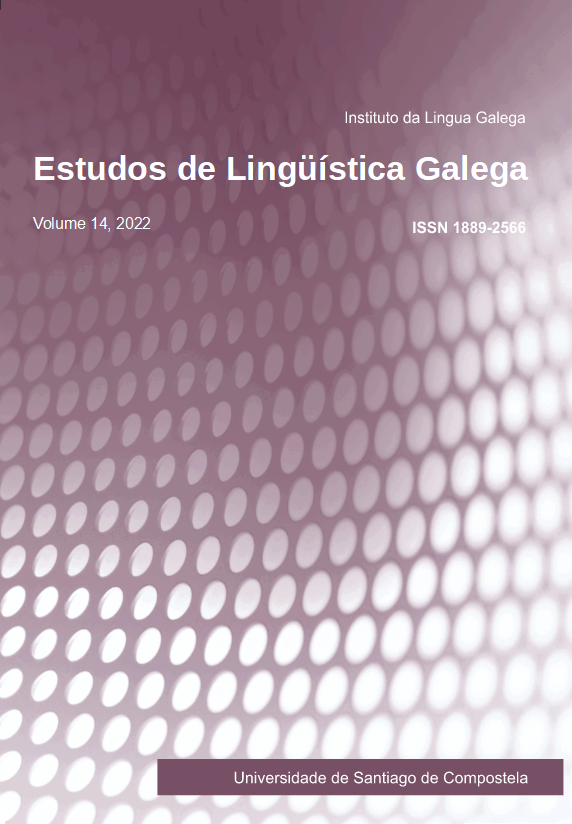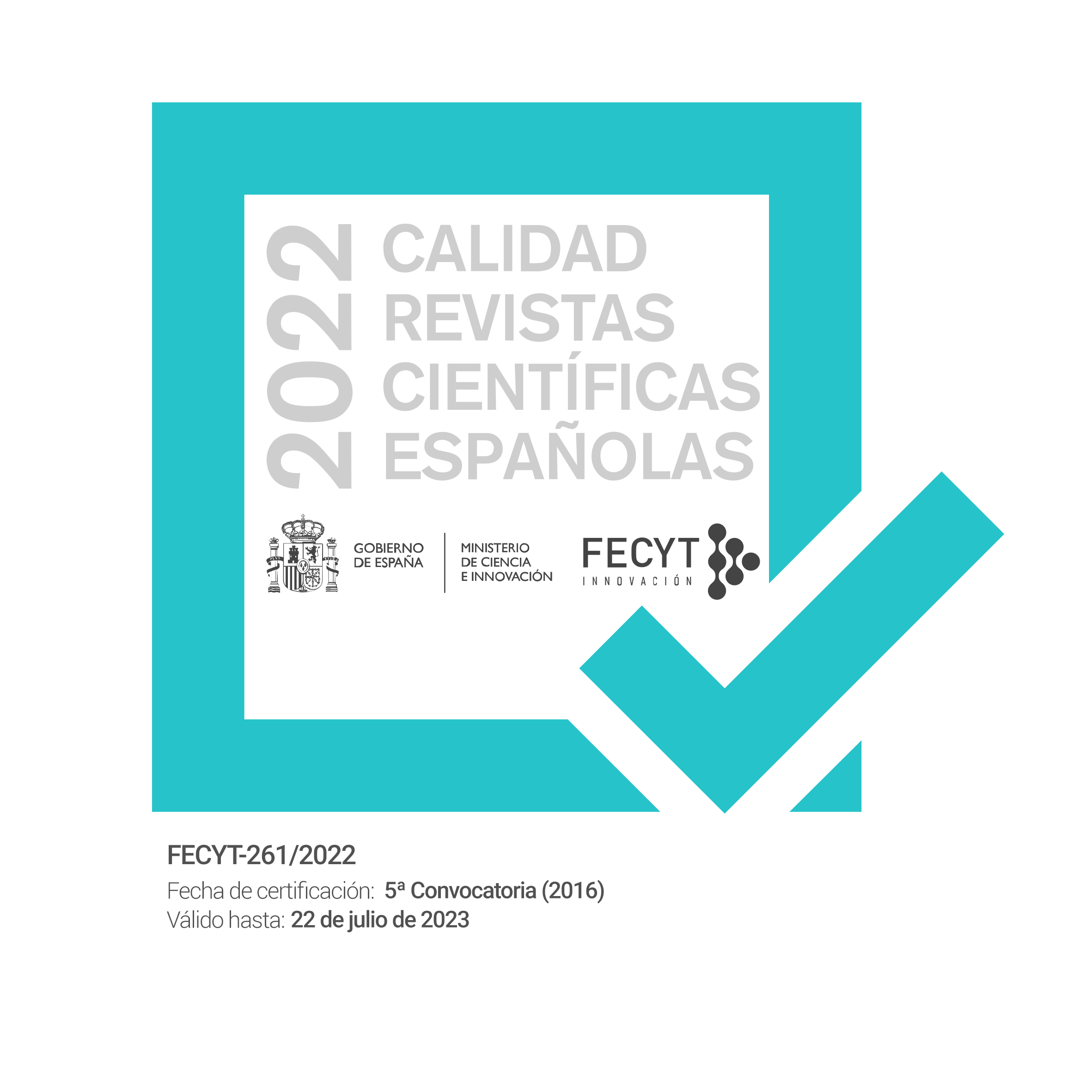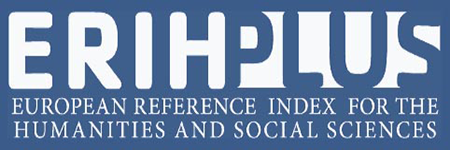Informe sobre a publicación académica responsable
2024-07-04
O Research Consulting e a Universidade de Leiden publican o resultado da consulta mundial sobre a edición responsable.

Estudos de Lingüística Galega is a yearly journal established in 2009 with the objective of creating a forum for critical analysis and linguistic research and a place for discussion of the Galician language.
Given these aims, Estudos de Lingüística Galega contains two sections, Pescuda and Anada. In the Pescuda section the journal publishes original research articles on different branches of linguistics and philology. A special place is given to studies of Galician or of interest for Galician (including work on Romance linguistics, general linguistics, or with a theoretical or methodological focus), as well as studies of varieties of Portuguese. In the Anada section, the journal publishes an index of scientific writing in the year preceding each issue that is directly or indirectly related to Galician and original critical reviews of linguistic publications about Galician.
Estudos de Lingüística Galega has the quality imprint of the FECYT and is indexed in Scopus, ERIH PLUS, ESCI, CSA Linguistics and Language Behavior Abstracts, Linguistic Bibliography, MLA (Modern Language Association), REDALYC, DOAJ, Open Access Digital Library, ISOC, ULRICH, DIALNET, CiteFactor, Cabell's Directory, REDIB. ANEP (the Agencia Nacional de Evaluación y Prospectiva), CARHUS+ 2018 and CIRC (Clasificación integrada de revistas científicas) classify it as an A-type journal, the Integrated System Capes (Qualis Periodicos) as A2 and the ICDS in MIAR is 9,65.
The digital portal of Estudos de Lingüística Galega is in Galician and English; its languages of publication are Galician, Portuguese, Catalan, Spanish, French, English and Italian.
The preparation of the volumes of Estudos de Lingüística Galega is partially funded through the support for the Consolidación e estruturación de unidades de investigación competitivas from the Consellería de Educación, Ciencia, Universidades e Formación Profesional to the Filoloxía e Lingüística Galega Research Group of the Universidade de Santiago de Compostela.
ISSN 1889-2566
ISSN-e 1989-578X


2024-07-04
O Research Consulting e a Universidade de Leiden publican o resultado da consulta mundial sobre a edición responsable.